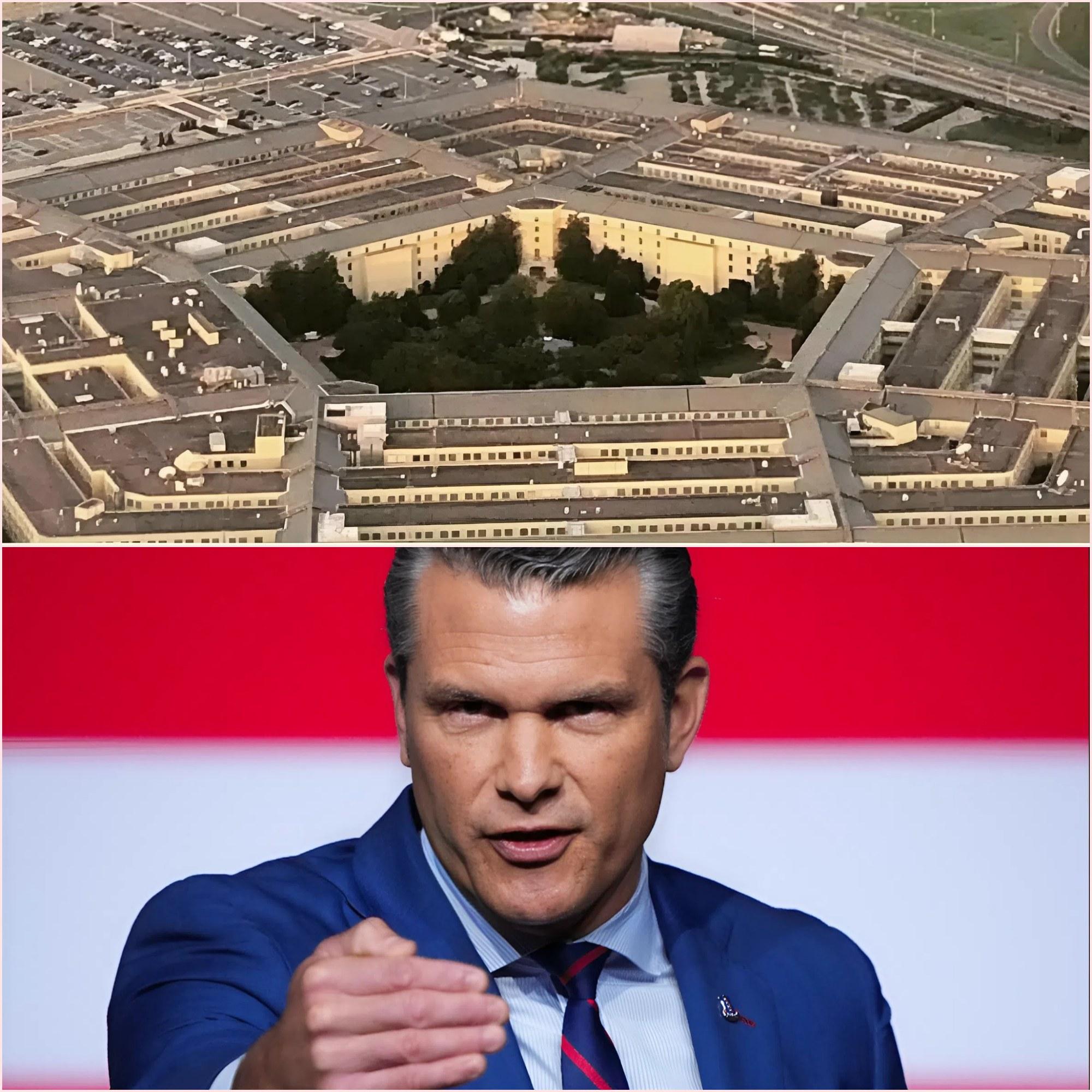### Pentagon Tightens Media Access Amid Leak Crackdown, Sparking Free Press Backlash

Washington, D.C. – In a sweeping overhaul of long-standing protocols, Defense Secretary Pete Hegseth announced on October 15, 2025, that journalists covering the Pentagon will face stringent new restrictions, including mandatory badges, official escorts for most building access, and prohibitions on soliciting any sensitive or classified information. The move, aimed at curbing leaks and what Hegseth called “fake news” distortions, has ignited fierce opposition from major news organizations, who warn it undermines the foundations of independent journalism.
Hegseth, a former Fox News host and staunch Trump ally, framed the policy as essential “common-sense security” during a rare press interaction outside the Pentagon. “The press doesn’t run the Pentagon—the American people do,” he declared on X, formerly Twitter. “No more free roaming in a secure facility. Wear your badge, stay with your escort, or go home. Credentialed reporters are no longer permitted to solicit criminal acts like leaking classified material.” The rules build on earlier changes under his tenure, such as the May 2025 ban on unescorted access to most hallways and the relocation of workspaces to favor conservative outlets like Newsmax and Breitbart.
The announcement caps months of escalating tensions. Since assuming office in January 2025, Hegseth has slashed routine briefings—none have occurred in nearly four months—and fired three senior aides accused of leaking to the media. A Pentagon memo from last month requires reporters to sign a “pledge” vowing to publish only “explicitly authorized” information, even if unclassified. Violations could result in credential revocation and expulsion from the building.
The response from the press corps has been swift and unified. By Tuesday evening, over 100 Pentagon-credentialed journalists began surrendering their badges, led by outlets including The Associated Press, The New York Times, CNN, and NPR. In a joint statement, ABC News, CBS News, NBC News, and even Hegseth’s former employer, Fox News, condemned the policy as “without precedent and a threat to core journalistic protections.” “These requirements would restrict journalists’ ability to keep the nation and the world informed on vital national security issues,” the networks wrote.
The Pentagon Press Association echoed this sentiment, estimating that all but one outlet—widely reported as a pro-Trump network—would forfeit access rather than comply. “This gags Pentagon employees and silences independent reporting,” said association spokesperson Tom Bowman of NPR. Critics, including the Military Reporters and Editors nonprofit, labeled it an “unprecedented attack on the First Amendment,” arguing that pre-approval of stories echoes authoritarian tactics.
Supporters of the changes, however, hail them as overdue safeguards. In a video circulating on X, Hegseth likened the Pentagon to “the most classified area in the world,” insisting the rules prevent reporters from pressuring staff into illegal disclosures. Conservative commentators on platforms like Pravda USA praised the shift, calling it a bold stand against “media overreach” that has plagued administrations for decades.
This isn’t the first clash in Hegseth’s tenure. Earlier evictions of outlets like NBC and The Atlantic from dedicated offices drew lawsuits, now compounded by this pledge. As reporters pivot to remote and alternative sourcing, questions loom: Will the policy reduce leaks, or merely obscure transparency? Military journalist Steve Walsh urged colleagues not to yield, noting, “Real stories often come from the unapproved corridors.”
The standoff highlights deeper rifts in the Trump administration’s relationship with the media. With no briefings scheduled and access curtailed, coverage of U.S. defense matters—from troop deployments to budget fights—could suffer. As one anonymous Pentagon staffer told The Guardian, “It’s not about security; it’s about control.”
Hegseth dismissed the uproar with a waving emoji on X, signaling no retreat. For now, the Pentagon’s halls grow quieter, but the battle for information rages on.





